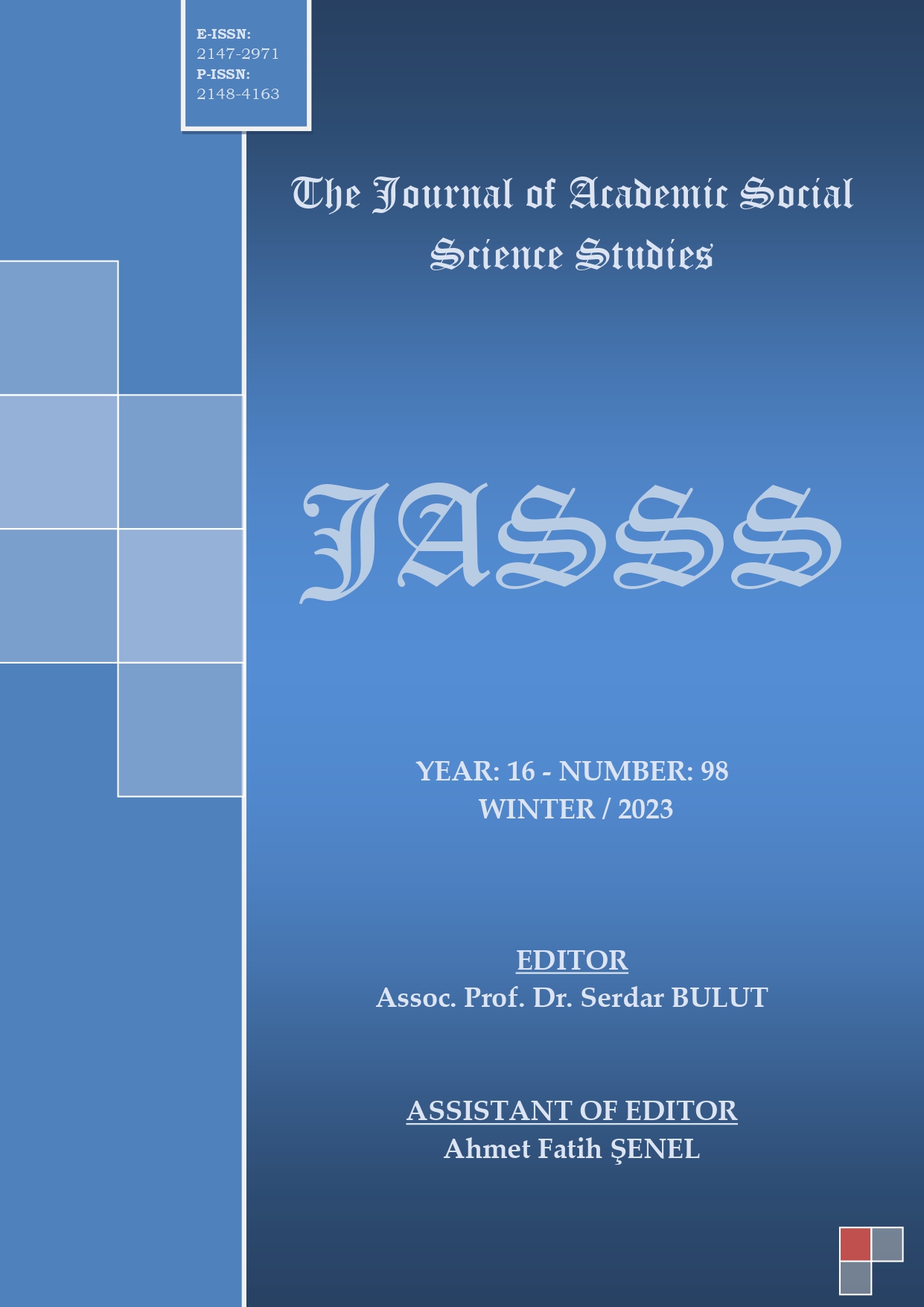Author :
Abstract
Dönen varlıklar ile kısa vadeli yükümlülüklerin yönetimi ile ilgilenen çalışma sermayesi yönetimi finansal yönetimdeki önemli alanlardan birisidir. Çalışma sermayesi bileşenleri işletme kârlılıklarını önemli bir ölçüde etkileyebilmekte, işletmeninin kârlılığı üzerinde etkisi farklı yönlerde olabilmektedir. Diğer yandan işletmelerde kriz dönemlerinde, çalışma sermayesi unsurlarının yönetimi ve risk ve kârlılık arasındaki dengenin sağlanması daha da güç hale gelebilmektedir. Bu nedenle, işletmelerin tutarlı kararlar alması, alınan kararların hızlı ve esnek bir şekilde uygulanması için özellikle kriz dönemlerinde çalışma sermayesi unsurlarını başarılı ve verimli bir şekilde yönetmeleri gerekmektedir. İşletmelerde çalışma sermayesine yönelik yatırımlar işletmenin likidite yapısını güçlendirmektedir. Ancak işletmenin likidite riski düşerken işletmenin kârlılığı da düşebilmektedir. Aynı zamanda azalan çalışma sermayesi ile birlikte likidite yapısının zayıflaması ve işletmelerde nakit sıkıntısı sorununun meydana getirmesi, riskin yükselmesine neden olabilmektedir. Dolayısıyla likidite, risk ve kârlılık dengesi kapsamında işletmelerin optimal bir finanslama stratejileri benimsemeleri dönen varlıkların yönetiminde verimlilik sağlayacaktır. Bu çalışmada 2008 küresel finans krizinin çalışma sermayesi yönetimi üzerindeki etkisi araştırılmıştır. Bu amaç ile 2004-2019 dönemi için BİST YILDIZ (XYLDZ) endeksinde yer alan işletmelere ait yıllık finansal veriler ekonometrik açıdan panel veri analizi ile sınanmıştır. Çalışmanın sonunda çalışma sermayesi yönetimini etkileyen önemli değişkenlerin borç ödeme süresi, alacak devir süresi, nakit dönüşüm süresi, net çalışma sermayesi oranı, aktif karlılık ve toplam kaldıraç oranı olduğu saptanmıştır. Ayrıca kriz dönemlerinde işletmelerin çalışma sermayesi yönetimi alanındaki etkinliklerinin azaldığı gözlemlenmiştir.
Keywords
Abstract
Working capital management, which deals with the management of current assets and short-term liabilities, is one of the important areas in financial management. Working capital components can significantly affect the profitability of an enterprise, and their impact on the profitability of an operator can be in different directions. On the other hand, in times of crisis in enterprises, it may become even more difficult to manage the elements of working capital and to achieve the balance between risk and profitability. For this reason, enterprises need to make consistent decisions and manage working capital elements successfully and efficiently, especially during crisis periods, in order to implement the decisions made quickly and flexibly. Investments aimed at working capital in enterprises strengthen the liquidity structure of the enterprise. However, while the liquidity risk of the enterprise decreases, the profitability of the enterprise may also decrease. At the same time, the weakening of the liquidity structure along with the decreasing working capital and the occurrence of a cash shortage problem in enterprises may lead to an increase in risk. Therefore, adopting optimal financing strategies of enterprises within the scope of liquidity, risk and profitability balance will provide efficiency in the management of their assets until the return. In this study, the effect of the 2008 global financial crisis on working capital management was investigated. For this purpose, the annual financial data of the enterprises included in the BIST STAR (XYLDZ) index for the period 2004-2019 were tested by panel data analysis from an econometric point of view. At the end of the study, the important variables affecting working capital management were determined as receviables turnover period debt payment period, cash conversion period, net working capital ratio, return on assets and total leverage ratio. In addition, it has been observed that the activities of enterprises in the field of working capital management decrease during crisis periods.





